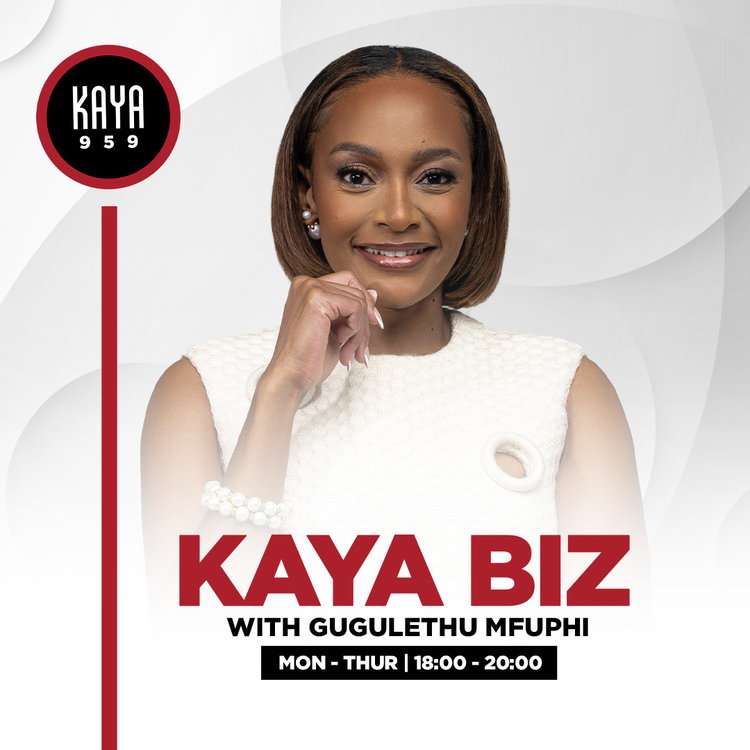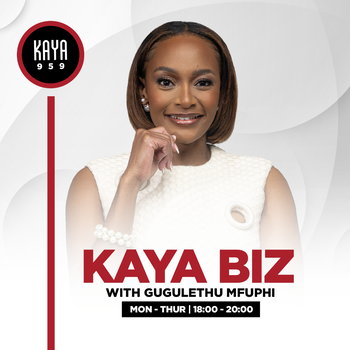
SOE CEO appointments remain a governance minefield: IoDSA
Loading player...
GUEST - Professor Parmi Natesan, CEO of the Institute of Directors in South Africa (IoDSA)
News reports that the Minister of Public Enterprises has rejected the name put forward by the Eskom board to replace André de Ruyter as CEO once again raising the complex governance issues relating to the appointment of senior management at state-owned enterprises (SOEs). The reported reason for the Minister’s rejection of the board’s nominated candidate is that it was supposed to submit three names as stipulated by the Minister in terms of Eskom’s Memorandum of Incorporation.
Professor Parmi Natesan, CEO of the Institute of Directors in South Africa (IoDSA), says that the Minister’s rejection of the board’s nomination, whatever the technicalities, lays bare the governance tangle that continues to affect the governance balance at SOEs.
“Governance best practice is for the board to appoint the CEO so that he or she is accountable to the board. The challenge is that SOEs have enabling legislation or founding documents which often stipulate that the government (effectively the shareholder) has the power to appoint senior management, as well as the board,” she says. “King IV recognises this, and suggests in the SOE supplement that the board be fully involved in the appointment of the CEO and that both parties agree that the CEO is accountable to the board, not the Minister, as representative of the shareholder.
News reports that the Minister of Public Enterprises has rejected the name put forward by the Eskom board to replace André de Ruyter as CEO once again raising the complex governance issues relating to the appointment of senior management at state-owned enterprises (SOEs). The reported reason for the Minister’s rejection of the board’s nominated candidate is that it was supposed to submit three names as stipulated by the Minister in terms of Eskom’s Memorandum of Incorporation.
Professor Parmi Natesan, CEO of the Institute of Directors in South Africa (IoDSA), says that the Minister’s rejection of the board’s nomination, whatever the technicalities, lays bare the governance tangle that continues to affect the governance balance at SOEs.
“Governance best practice is for the board to appoint the CEO so that he or she is accountable to the board. The challenge is that SOEs have enabling legislation or founding documents which often stipulate that the government (effectively the shareholder) has the power to appoint senior management, as well as the board,” she says. “King IV recognises this, and suggests in the SOE supplement that the board be fully involved in the appointment of the CEO and that both parties agree that the CEO is accountable to the board, not the Minister, as representative of the shareholder.

